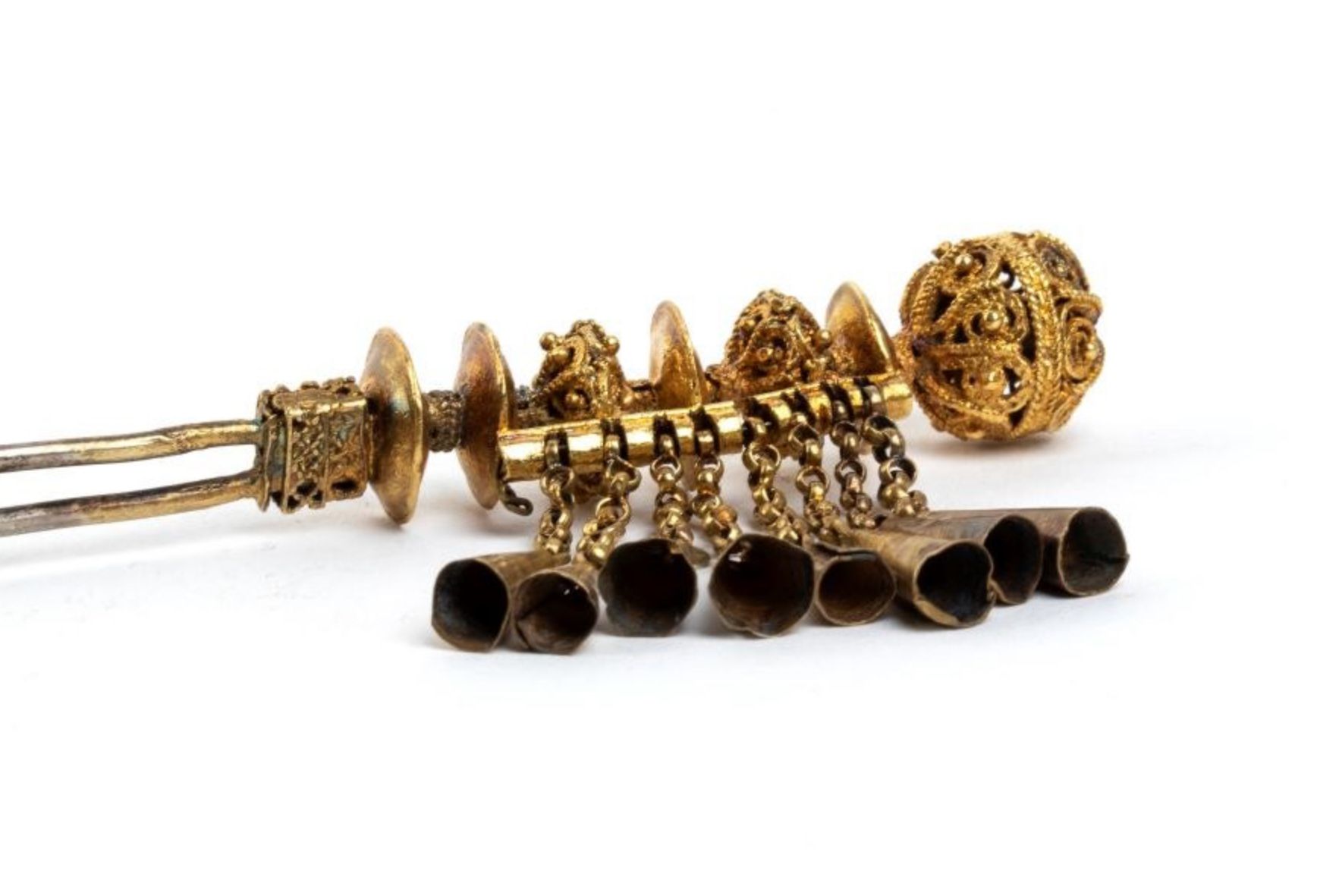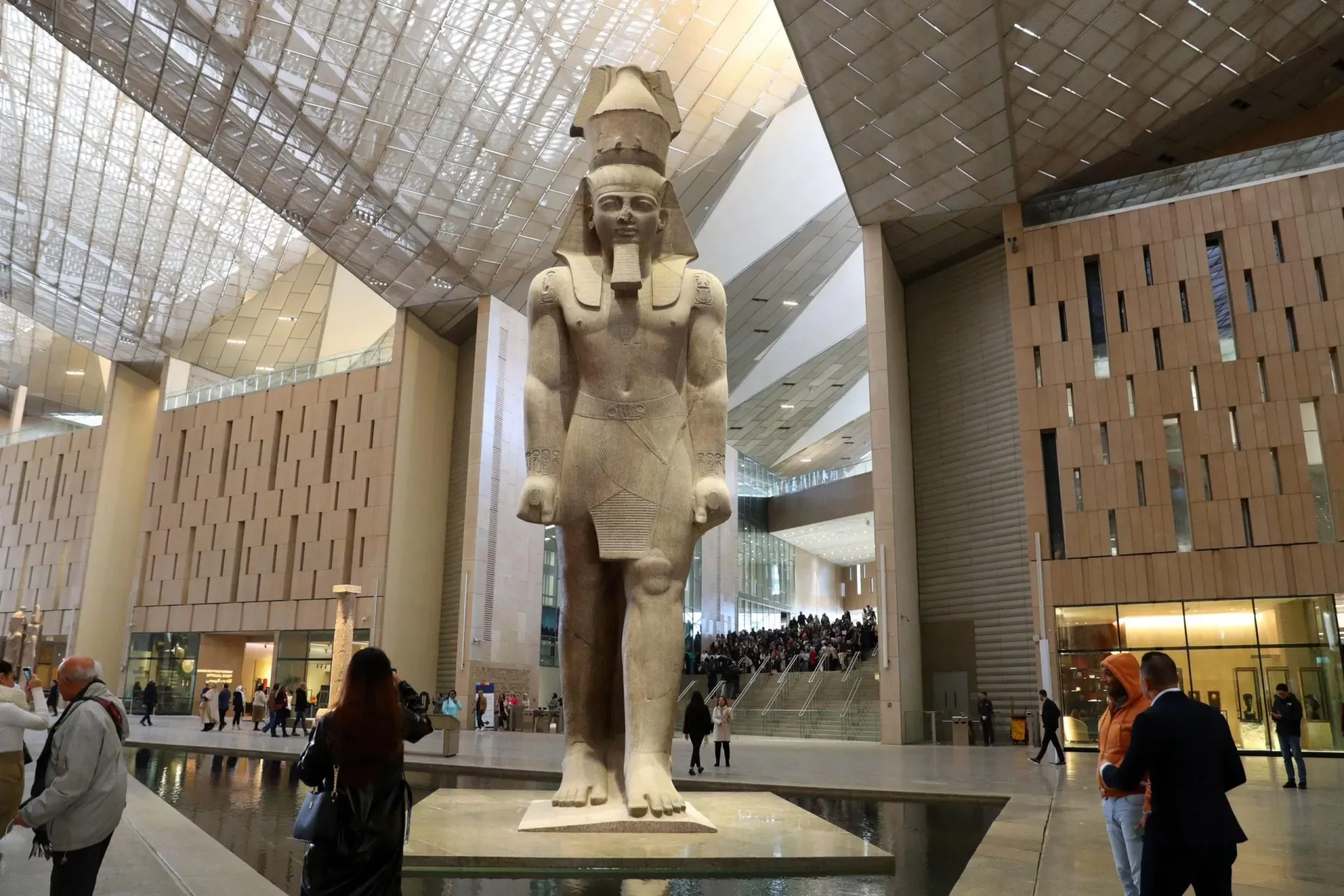Cultural Restitution
SHARE ARTICLE
Struggling to make progress in the restitution of artworks stolen by the Nazis, last month the German government put forward new draft legislation designed to make it easier to enforce claims for the return of stolen artworks.
Germany is not the only signatory of the landmark 1998 Washington Principles frustrated by excessive procedural hurdles standing in the way of returning looted artworks to their rightful owners or legal successors. However, this new draft legislation adds to other reforming measures taken by Germany this year to accelerate progress.
The legislation would create a new ‘right to information’. Once enacted, a seller wishing to sell an artwork would be required to provide the names and addresses of previous sellers, purchasers and clients, as well as provide all available information on the item’s provenance.
German Justice Minister Marco Buschmann said despite previous initiatives to enforce the return of cultural artefacts looted by the Nazis looted between 1933 and 1945, “the law makes it too difficult to enforce existing claims for return”. This right to information would help determine whether claimants were “still entitled to the property”.
Under the proposals, restitution cases would be heard in regional courts, where the statute of limitations (30 years in most cases), would be suspended - unless the defendant was unaware of the item’s origin and can demonstrate it had purchased the item “in good faith”. A “special court” in Frankfurt would be set up to address claims from outside Germany.
The initiative follows reforms approved in March this year by the German government and its 16 states to replace the current national advisory commission (set up in 2003). This commission required disputes by heirs of Jewish collectors seeking to recover looted artworks to be submitted by both parties before a resolution could be agreed. But the commission has fallen short of expectations because it lacked the legal clout to enforce its recommendations. By contrast, the new reforms introduce binding and unilateral access to arbitration, meaning that evaluation of restitution claims can proceed without a requirement for both parties in the dispute to agree. Germany’s 16 states, especially Bavaria, had previously resisted this change.
In a statement released in March '24 after the meeting of government and state culture officials, German culture minister Claudia Roth said: “The joint decision today is a big and important step forward to considerable improvements in the return of Nazi-looted art.” She added, “We have agreed a very ambitious timetable.” Germany aims to implement these reforms before the end of 2024.
Both initiatives follow hard on the heels of a report released on Tuesday 5 March '24 by the World Jewish Restitution Organisation (WJRO) that indicated more than half of the 47 nations that signed onto a declaration endorsing the Washington Principles – the original set of standards to assist with the return of Nazi-looted art – have made minimal to no progress in the 25 years since the Principles were drafted.
The seven countries identified by WJRO as having made “major progress” are Austria, the Czech Republic, France, Germany, the Netherlands, the UK and the USA. Ratings were based on several criteria, in particular: the extent of historical research undertaken into restitution; the provenance of its own collections; the status of determination for managing claims; or whether a significant number of restitutions have been made.
After this was written....
In October 2024 the German Federal government, the 16 States and Local Governments announced an agreement has been reached over the Arbitration Rules. Starting in 2025, claims can be heard by the new Arbitration Court for Nazi Looted Property. Unlike previously, it also means the Court's awards will be binding and enforceable. Museums will be forced to submit to the jurisdiction of the Court. The German Lost Art Foundation (Deutsches Zentrum Kulturgutverluste) will serve as the secretariat of the Arbitration Court with responsibility for administration issues. Access will be free of charge both for claimants and for public museums, although each party will be liable for their own legal costs. Germany's government approved the tribunal in January 2025.
"We are making the restitution of Nazi-looted art easier, particularly by introducing unilateral access to arbitration," said Claudia Roth, Germany's culture minister. "We are also creating more legal security and a more binding system."
The process will be reviewed after three years or after the tenth arbitral award. A spokesperson for the German culture ministry could not confirm when the tribunal would start operating.
Not everyone is content with this reform. Some have argued it will increase the burden of proof for heirs and exclude victim groups whose claims were recognised under the current system. Meanwhile, lobbying continues to amend Germany's statute of limitation, which remains a significant obstacle to restitution claims succeeding.
Photo: Marco Buschmann
Courtesy of dts news agency
More News



